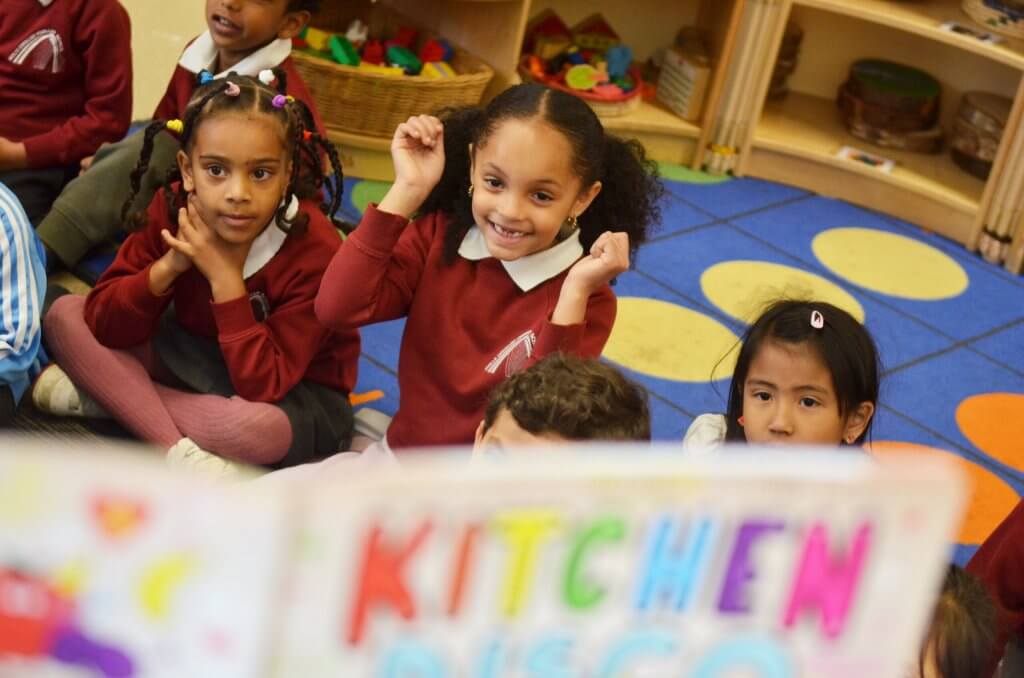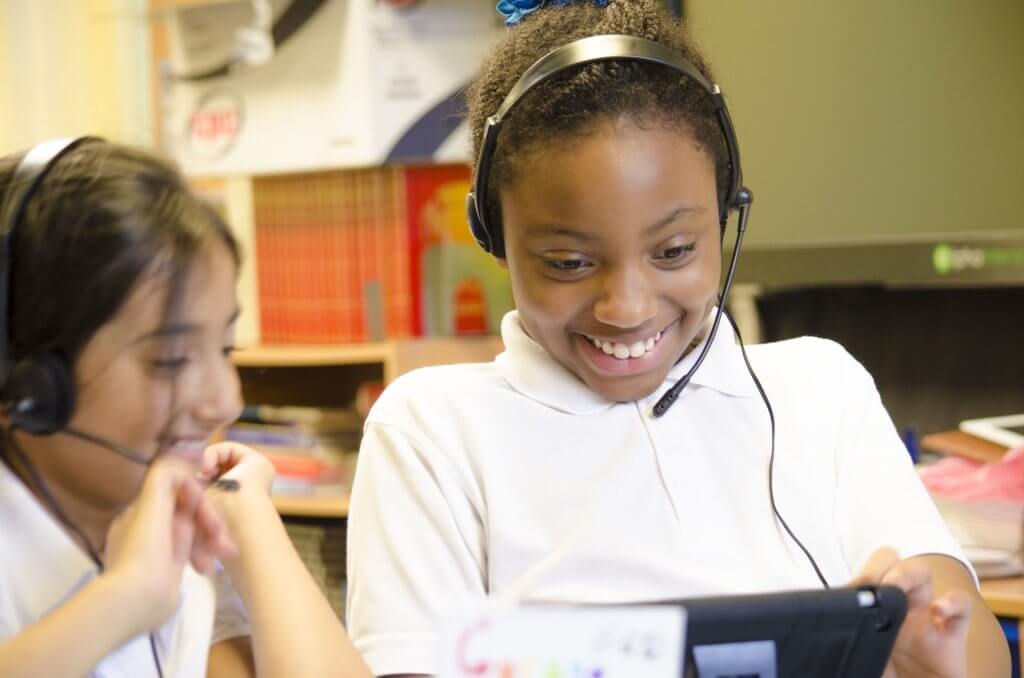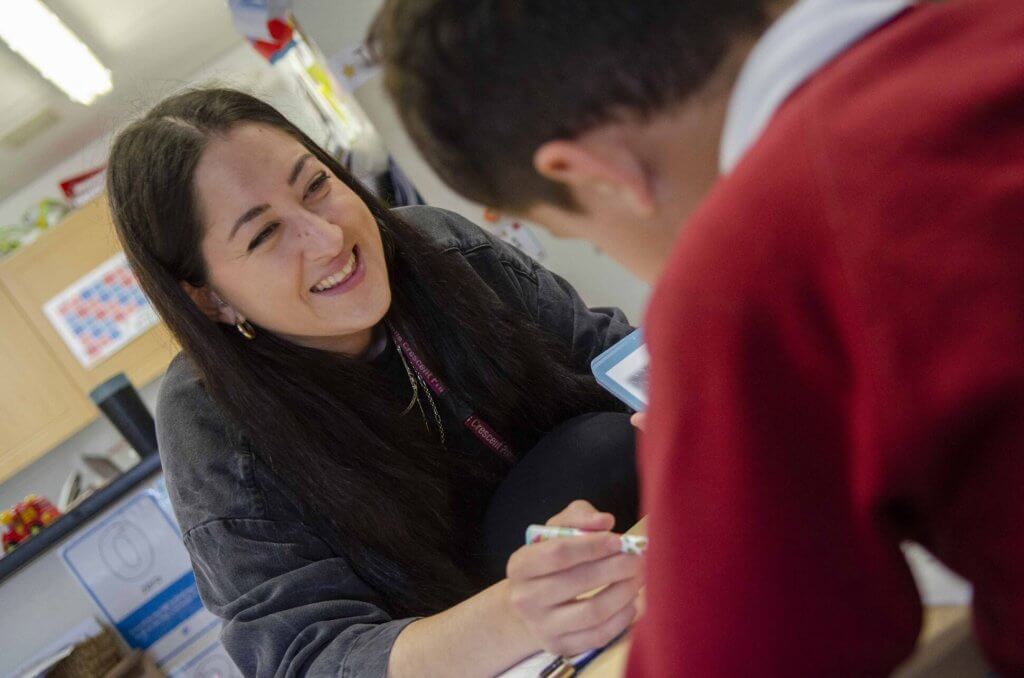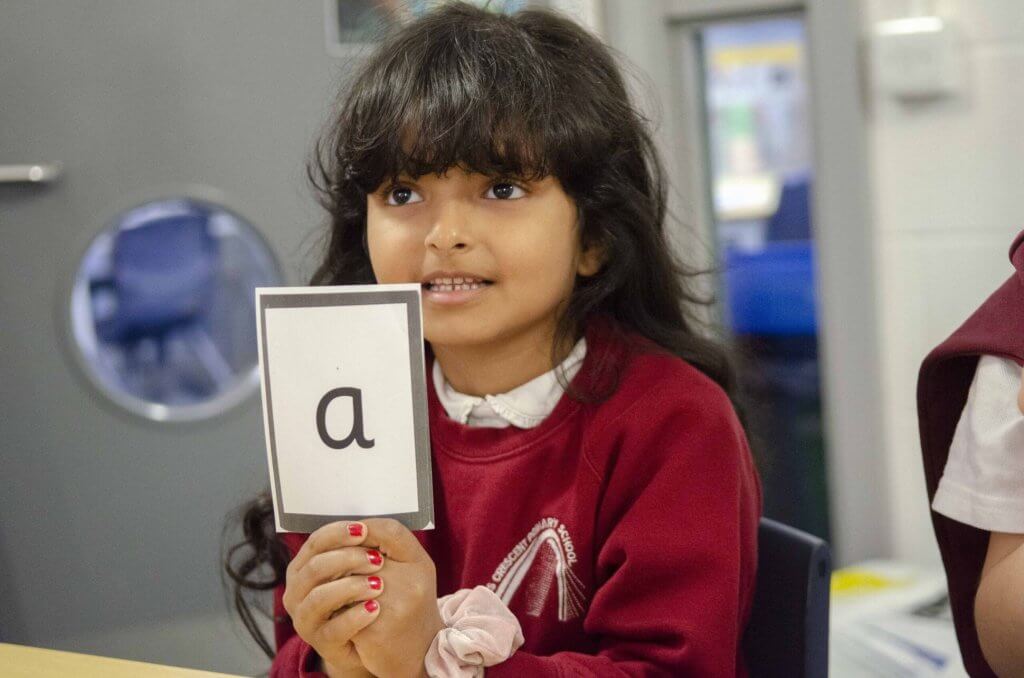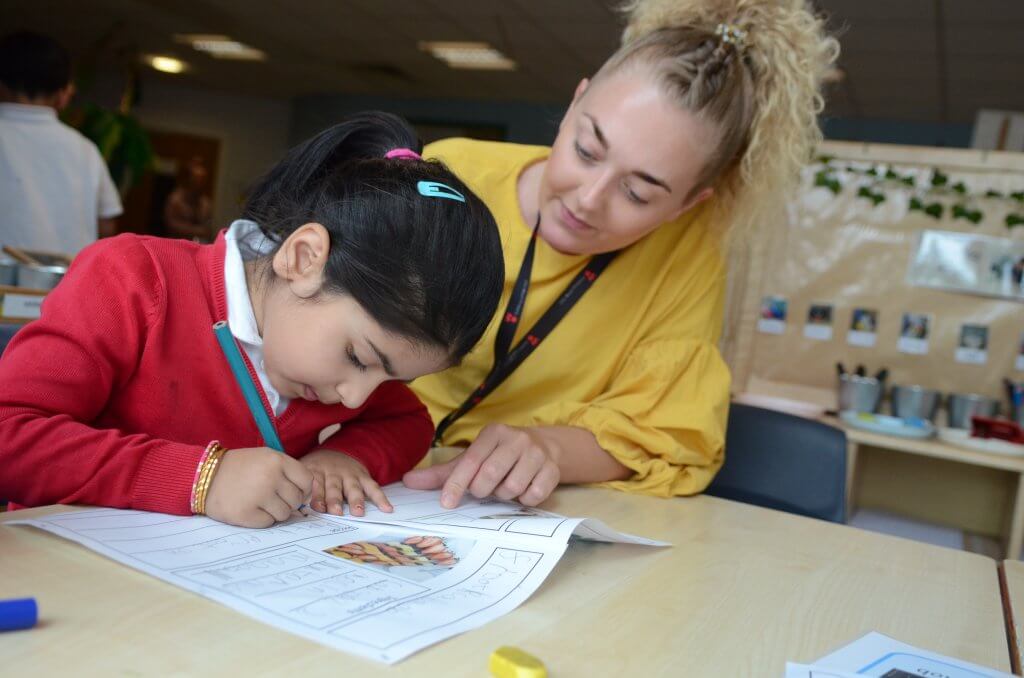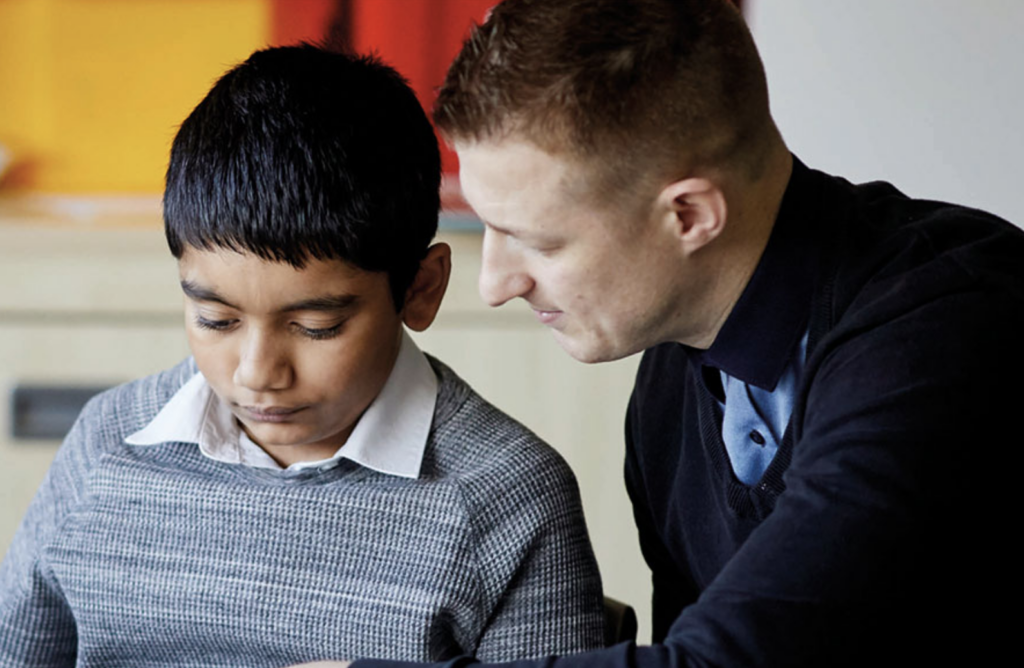A blog written by Dr Rainart Fayette
Impact of social media use
Social media (e.g. Facebook, Instagram and Snapchat) provide the youths of today a convenient platform to express and present themselves as well as communicate with others. Some users report benefits such as increased sense of belonging, remaining in touch with friends and family who live far away, as well as having opportunities to engage in meaningful communication with people who have similar interests.
In addition, studies such as that of Przybylski and Weinstein (2017) found that moderate use of social media can increase people’s psychological well-being.
It is important to note however that using social media can also have negative impacts on the lives of young adults. People who use these sites, particularly adolescents and young adults, can present a skewed picture of their lives, for instance by only presenting the positive aspects of their lives through heavily edited pictures and optimistic status updates.
These could lead to a fear of missing out (FOMO) on rewarding experiences which could lead to feelings of dissatisfaction, social envy and exclusion (Reagle, 2015). Studies such as that of de Vries et al. (2018) have shown that viewing strangers’ Instagram posts may lead to a reduced feeling of joy, particularly as they compare themselves with others.
What can we do?
As my colleague Dr Helen Gore stated in her blog post, “the internet is part and parcel of our everyday lives and short of an apocalyptic event, it is here to stay”.
While the current evidence base on the effects of social media use remains to be contradictory and inconclusive, young people still need to protect themselves from its negative effects. One way to achieve this is for them to delete all of their social media accounts altogether. However if like me, they still want to keep their social media account(s) but would like to learn how to use them better, there is another way.
Mindful social media use
Most young people often do not realise that they have the ability to take a step back and observe maladaptive thoughts, emotions and intentions when using social media since the act of logging in and interacting with others through these platforms are typically impulsive (Baker, Krieger & LeRoy, 2016), in other words, there are many times that they check their social media feeds automatically mostly for no reason. As such, it is essential for young people to learn how to monitor their attention, intention and attitude whilst using social media. In other words, they need to learn to use social media mindfully.
Mindfulness can be defined as a form of intentional, non-judgemental attention towards one’s current experiences and surroundings (Bishop et al., 2004). Research has shown that mindful individuals tend to experience higher levels of self-worth and that mindfulness-based programmes can increase one’s self-esteem (Randall, Pratt & Bucci, 2015). Weaver and Swank (2019) state that supporting young people to learn and practice to pay greater attention to their feelings, and understand their motivations for what they share about themselves and what they choose to view online whilst using social media can help reduce the negative impact of social media use.
Helpful tips
Here are some things that young people can practice to remain mindful before, while and after using social media:
- In order to understand your intentions and motivations whilst on social media sites, you could ask yourselves the following questions:
- What do I want out of social media?
- Why am I going to check this site/ this person’s profile?
- Why do I want to post this image/ status update?
- What am I hoping to achieve?
- What was my response to the posts/ messages that I have just seen?
- Notice the feeling that you get when you hear/ see a notification, as well as after reading those notifications
- Observe your own reactions and feelings after reading a statues update, comment or a message, or after viewing a video or picture.
- Take a minute to understand your feelings and intentions before posting a status update, video, picture, comment or message
- Take time to clean up your feed. Spend a few minutes to look at who you are following and ask yourself whether each of them are making you feel happy, inspired and positive, or whether they cause you to feel anxious, sad and unhappy. Unfollow accounts that cause you to feel the latter.
- Notice your behaviour before and after using social media. Is your social media use influencing your behaviour for the better?
- Parents, teachers, professionals and young people need to have regular open communication to share how they manage information overload and other impacts of social media use.
Please get in touch or visit this page for more information.
References
- Baker, Z. G., Krieger, H., & LeRoy, A. S. (2016). Fear of missing out: Relationships with depression, mindfulness, and physical symptoms. Translational Issues in Psychological Science, 2(3), 275.
- Bishop, S. R., Lau, M., Shapiro, S., Carlson, L., Anderson, N. D., Carmody, J., … & Devins, G. (2004). Mindfulness: A proposed operational definition. Clinical psychology: Science and practice, 11(3), 230-241.
- de Vries, D. A., Möller, A. M., Wieringa, M. S., Eigenraam, A. W., & Hamelink, K. (2018). Social comparison as the thief of joy: emotional consequences of viewing strangers’ Instagram posts. Media Psychology, 21(2), 222-245.
- Przybylski, A. K., & Weinstein, N. (2017). A large-scale test of the Goldilocks Hypothesis: Quantifying the relations between digital-screen use and the mental well-being of adolescents. Psychological Science, 28(2), 204-215.
- Randal, C., Pratt, D., & Bucci, S. (2015). Mindfulness and self-esteem: a systematic review. Mindfulness, 6(6), 1366-1378.
- Reagle, J. (2015). Following the Joneses: FOMO and conspicuous sociality. First Monday, 20(10).
- Roberts, F. C. (2018). Mindfulness in the social media age. In Baylor University Medical Center Proceedings, 31(2), pp. 250-252.
- Weaver, J. L., & Swank, J. M. (2019). Mindful Connections: A Mindfulness-Based Intervention for Adolescent Social Media Users. Journal of Child and Adolescent Counseling, 1-10.
ABOUT THE AUTHOR
Rai is an educational psychologist working at One Education who worked extensively with children and young people with SEND, predominantly those with autism aged 3-18 in schools prior to training to be an educational psychologist. He completed his doctoral training in educational and child psychology at the University of Manchester. In his doctoral thesis, he reviewed qualitative research methods for eliciting the views of young people with autism about their educational experiences, and then explored current good practices of specialist schools in meaningfully including young people with autism during the planning for their transition to adulthood.
Rai believes that children and young people should be included in decisions that affect their lives. He is keen to work collaboratively with school staff, parents and young people to develop ways of promoting the participation of young people in decision making within education. In addition to his specialist area in autism in education, other interests include Acquired Brain Injury and mediated learning experiences.

